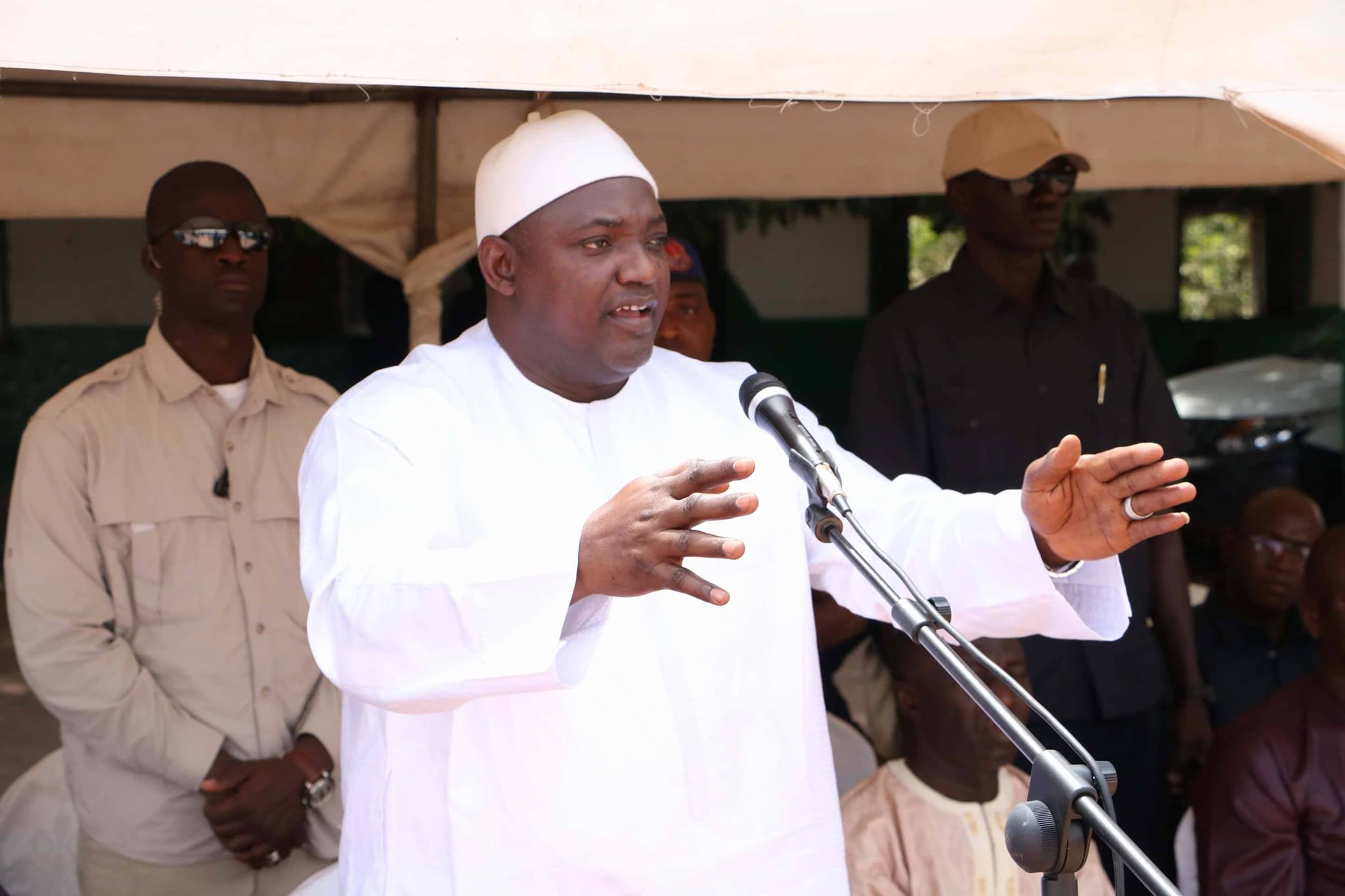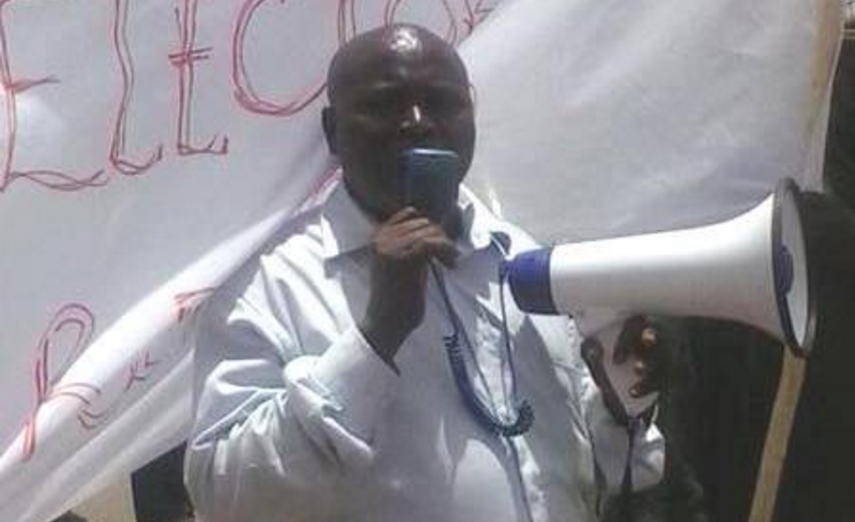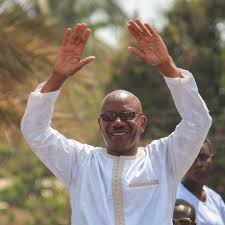By: Dr D.S.Fofana
Dear Editor,
I, like all concerned citizens, anxiously waited for the broadcast of the president`s State of the Nation Address (SoNA) on June 8th, 2023. Firstly, I was surprised to learn from the press release from the Office of the President that the speech will be delivered as early as 9.30 am at the National Assembly. But no matter how early or late in the day this address was scheduled to be delivered, I was there prepared to keenly listen to the president. I assume that this is the only yearly occasion when Gambians could listen to their head of State on a non-political platform in anticipation for clarifications on a lot of pertinent issues affecting their lives.
However, many Gambians (within and outside the country) had expressed disappointment regarding what was presented to them as material for SoNA 2023. Moreover, many people even suggest that in future, SoNA should be delivered at the end or beginning of the year and not mid-year.
But for me the only area that was adequately covered seemed to be the education sector where each sub-sector was treated as expected. However, I was absolutely taken aback when the president just browsed through the agriculture and health sectors as if these are secondary matters in our nation building today. On the contrary, as a former civil servant and former head of one of the departments at the ministry of Agriculture, I was expecting to hear more about the progress made in harnessing modern technology to revolutionize agriculture in our quest to feed the ever-growing and demanding population.
Objective reality tells us that if we are to realize our true potential as a nation, we need to start on the road of paradigm shift in agriculture, health and education as the three main priority sectors for national development. I believe, first and foremost, these three key sectors could play immeasurable roles in the social, economic and political growth and development of this country. That does not make less important other sectors such as industry, physical infrastructure, tourism, security, social justice and indeed other vital branches of a fully functional and vibrant state.
In this day and age, everyone knows that crop production is a sub-sector of agriculture which is not ONLY constrained with issues around fertilizers, land preparation and post-harvest losses as portrayed in the SoNA. The other sub-sector of agriculture is obviously livestock production in our subsistence farming system. Crop production itself has various areas such as food and cash crop production, vegetable and fruit production, research and extension, etc, which all have their unique and peculiar production and marketing constraints. The current status of this sub-sector and its contribution to poverty alleviation, food security, income and export earnings are issues of concern to every Gambian and our development partners. I cannot believe that this government is actually suffering from a famine of ideas and plans as to how to tackle these constraints.
Considering the persistent food shortage/crisis in the country and the resultant importation of huge amounts of basic food commodities like rice into the country, we expected the SoNA to treat the agriculture sector with much respect and better coverage. For example, we are told by the Gambia National Food Security Survey Report December 2022 that at the national level, one household out of four is food insecure. 36% of households have had difficulty in covering their food needs in the past six months. High prices and reduced income are the most frequent challenges to meet essential needs. The situation is direr in the rural areas (where Government is prioritizing road infrastructure) compared to the urban area as all indicators show higher vulnerability. Furthermore, in 2022 the proportion of households that spend more than 65% of total monthly income has increased compared to 2021. That is to say households are becoming more and more economically vulnerable. The situation, therefore, has become more alarming, especially after the tariff increase by NAWEC recently.
Suffice it to say that it is inconceivable today to talk about agriculture in the Gambia without mentioning the livestock sub-sector as a key component of the diversification strategy in our agriculture. This sub-sector equally has various areas of production such as cattle, small ruminants, swine and poultry. The products of this sub-sector in the form of milk, meat, eggs and even by-products like hides and manure all contribute in no small measure to the national economy. However, the current status of this sub-sector and its contribution to food self-sufficiency, poverty alleviation and income generation is of interest to every well-thinking citizen.
We are told that despite the primary role of the agriculture sector in the county`s economy, its performance and share in most key socio-economic indicators have not been consistent and in some past years, performance in production stagnated or even declined. This has been attributed to a combination of factors including adverse climate conditions, low private investment, declining international agricultural commodity prices, soaring prices of food commodities and essential production inputs, inadequate domestic policies, institutional support and poor infrastructure.
Finally, where are this government`s new ideas and better plans on how to grow the Gambian economy to remedy the long-standing matters of social decline and to fix the issue of major crimes and murders in the country. The views expressed in this article are the author’s own and do not necessarily reflect The Voice’s editorial stance. Dr D.S.Fofana, is the former DG, Department of Livestock Services, Brusubi Phase 1 Kombo North, WCR.




